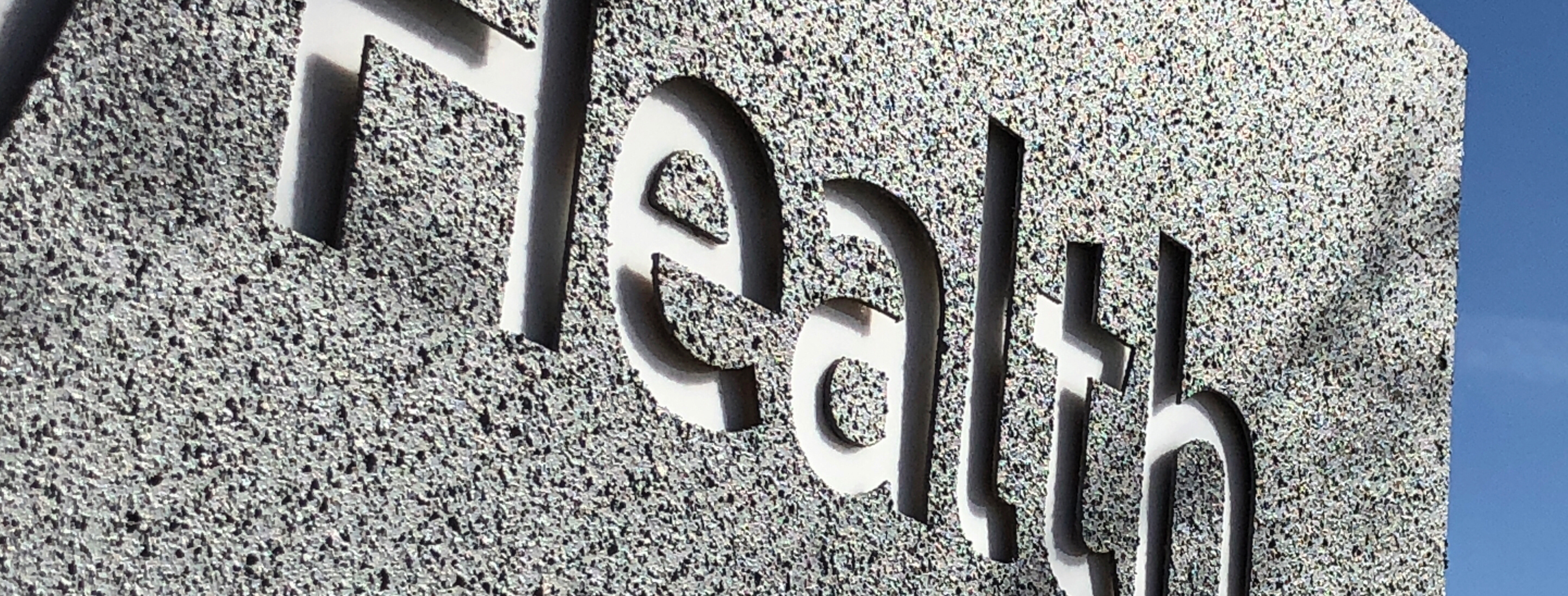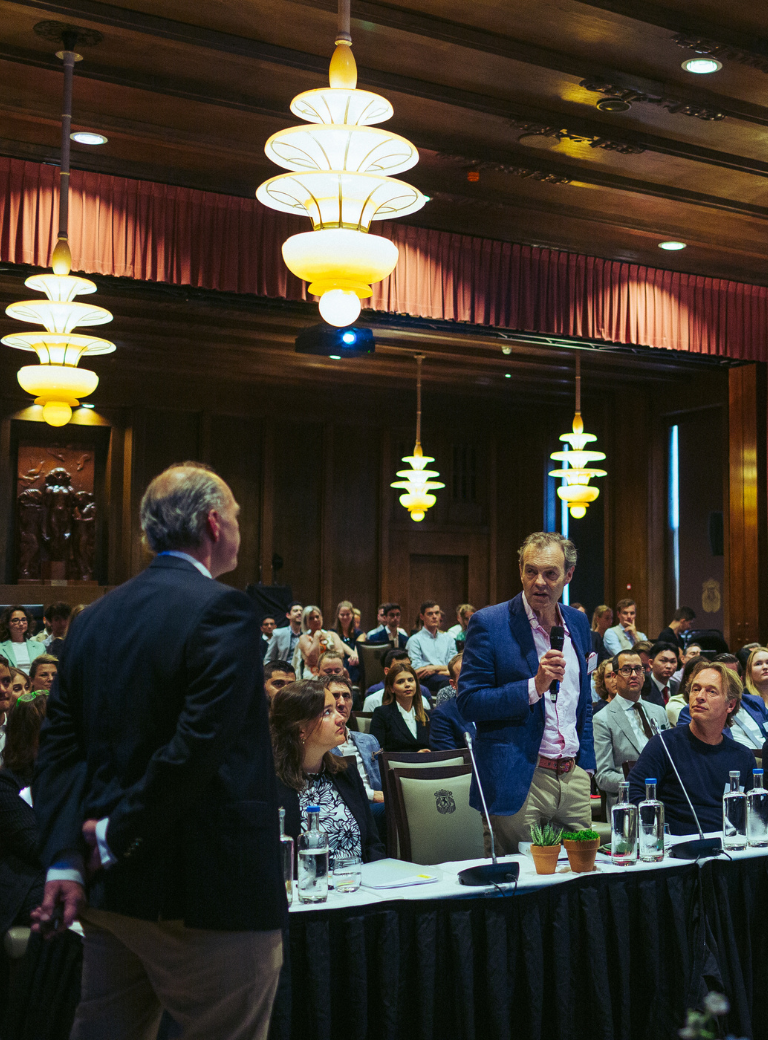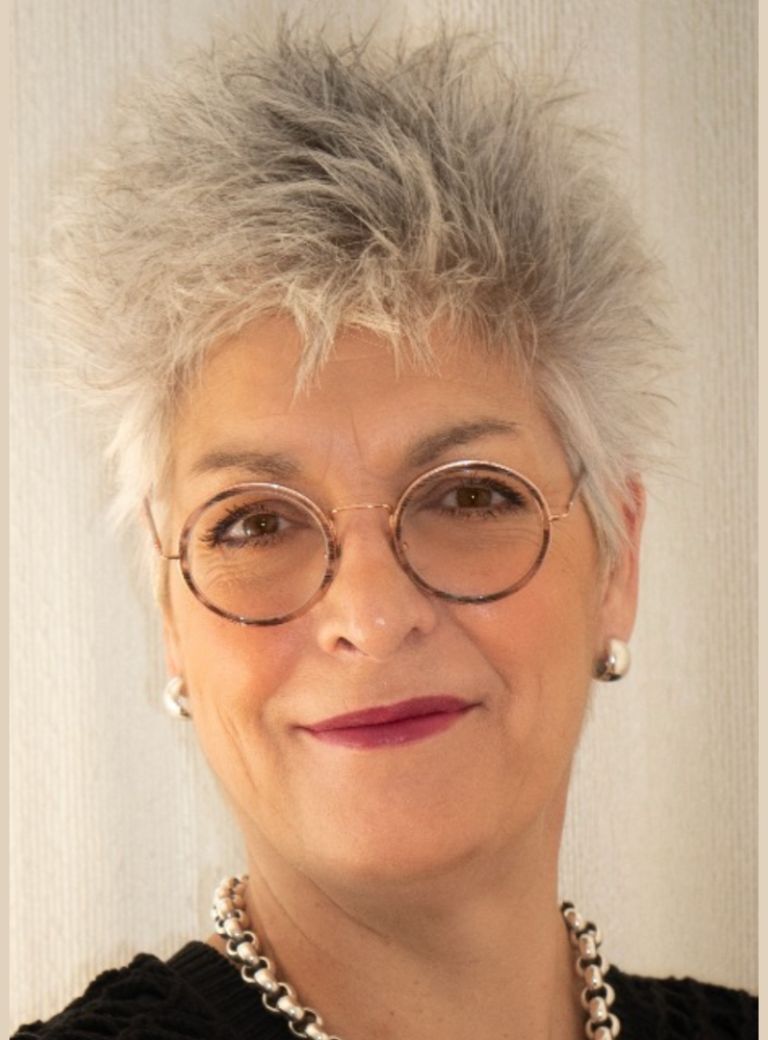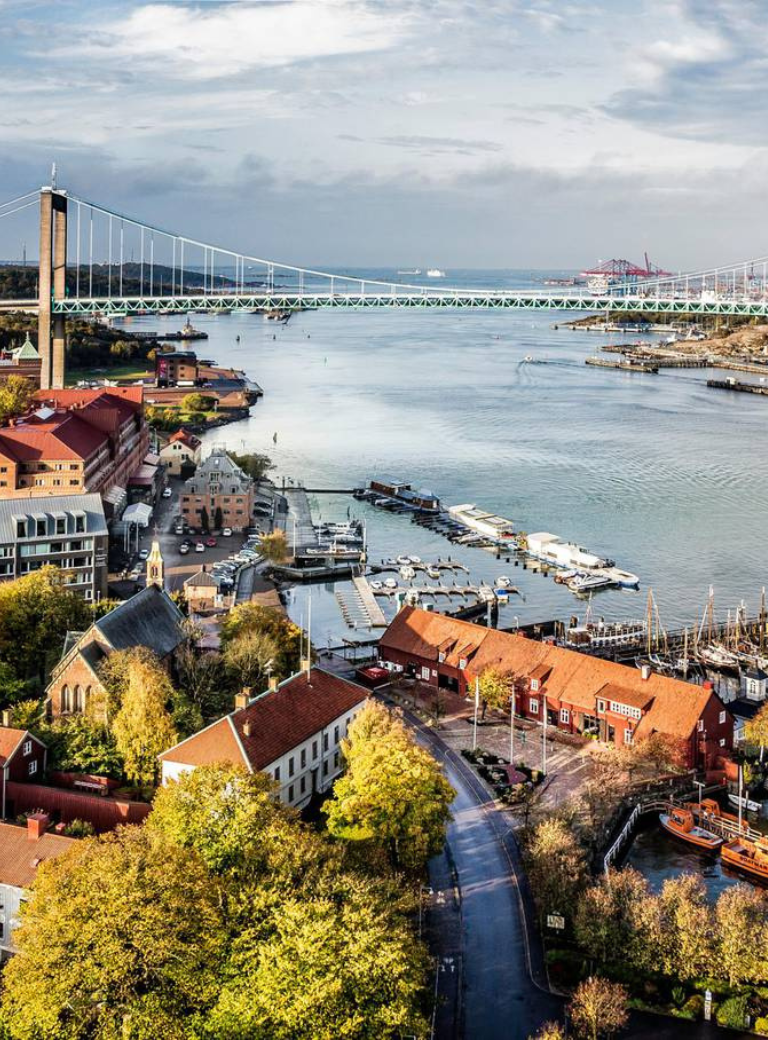
From four-star hotel to field hospital; the medicalisation of hotels in Spain
The Spanish hospitality sector is helping combat COVID-19 with the transformation of leisure and tourism accommodations into medical refuges for the health and welfare of society. In a drastic move to ease the burden of care in hospitals during this unprecedented crisis, hotels in Spain are now being used as field hospitals to treat COVID-19 patients who have mild conditions but still need hospitalisation.
Intensive care units treating people with critical symptoms account for 7% (4,165 cases) out of the total active cases in Spain (58,598 cases; WorldMeters, at time of publication 30 March 2020). By converting hotels into field hospitals, the burden on the intensive care units and hospitals is lessened. These medicalised hotels in Spain are receiving patients who require medical monitoring in isolation without needing hospital admittance. Patients are tested frequently until there is proof that they have overcome the infection, and only then are they allowed to return to their homes. However, if their condition becomes worsen they are transferred to actual hospitals.
The process of turning hotels into medical establishments is facilitated by the Ministry of Health. It has provided nursing staff and care technicians who are supervised by health professionals from the Madrid Health Service. Some of the staff joining the medicalised hotels come from the pool of 4,400 medical graduates waiting to earn their forthcoming specialisation. Hotels are not only being used to treat patients confirmed with COVID-19, but also as safe places to isolate people who have been exposed to confirmed cases. For example, medical staff who are in daily contact with patients are offered hotel accommodation as a safe place to sleep with the additional benefit of being close to their work.
Collaboration for the Community; Madrid Hotel Industry Association and Ministry of Health
With the highest recorded number of cases in Spain (22,7 thousand cases at the time of publication March 30, 2020 - Statista, 2020), the Community of Madrid is suffering. The Madrid Hotel Industry Association (AEHM) has been in close contact with the Ministry of Health in order to coordinate the collaborative effort between health authorities and hotel managers. According to the AEHM, hoteliers in the Madrid region alone have offered the authorities access to approximately 40 hotels, thus enabling 9,000 beds to treat COVID-19 patients.
The first hotel to be transformed into a medical establishment was the Madrid Gran Hotel Colón, whose owner Abel Matutes Prats contacted the Community of Madrid and delivered his property for as long as necessary. In order to prevent a possible saturation of health centres, field hospitals are also being facilitated in other regions within Spain, including those that do not have a large number of reported cases such as Valencia. Throughout this process, AEHM has frequently shared information on the number of rooms available with the Ministry of Health along with the location, capacity of each hotel, and any additional services that might have been required.
The choice of hotels to be used as medical centres is strongly influenced by their proximity to the hospitals that are facing high pressure due to the large number of patients in severe condition. Another criterion is the number of beds the hotel can offer.
But why do hoteliers voluntarily participate in this collaboration? Turning hotels into healthcare centres means that hotel managers send all their staff home and hand over the keys to their property. In Spain, this course of action is seen as a temporary solution to alleviate the pressure on hospitals. The hospitality industry recognises that providing available resources to authorities and social organisations is a way to help combat the COVID-19 crisis. Indeed, the medicalisation of hotels can strengthen the relationship between hospitality companies and both national and local authorities whilst contributing to the resolution of the virus. In fact, since the start of this collaboration programme between AEHM and the Community of Madrid, the number of hotels deciding to offer their facilities has increased.
Practical measures
● To ensure that the hotel space is adapted to meet the needs of the healthcare professionals, indoor work is carried out. For example, the NH Parla has 99 rooms available, out of which one floor will be used to accommodate patients and one will be made available to health staff.
● Across the board, hotels need oxygen supply and ventilation which means that the hotel lobbies are occupied by oxygen tanks as well as medical supplies, along with medical staff wearing protective suits, face masks and gloves.
● The hotel room furniture and beds are moved into the hotel open spaces, including restaurants and cafés. The rooms are then fully equipped to deal with new patients. At the Melia Palma Bay Hotel, the hotel conversion was facilitated by the military who moved the furniture.
● In order to warn the public that the hotel has been turned into a healthcare centre, signs are placed at the entrance of the building.
Source: Research prepared by: Miruna Avram. Prepared for: Dr Oskam, Ms Snapkovskaya
As an industry thought leader Hotelschool The Hague generates new insights and inspiring thinking about the direction of the hospitality sector. One of the ways we do this is by carrying out relevant professional research which contributes to new insights and future developments in the hospitality profession. Research findings conducted by faculty and students are shared in publications, academic journals and at conferences.





